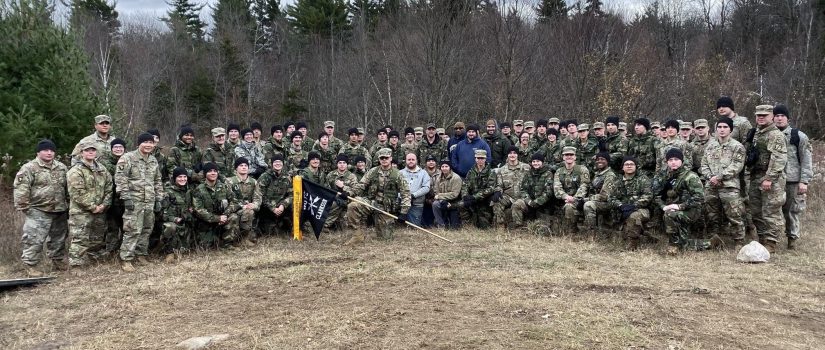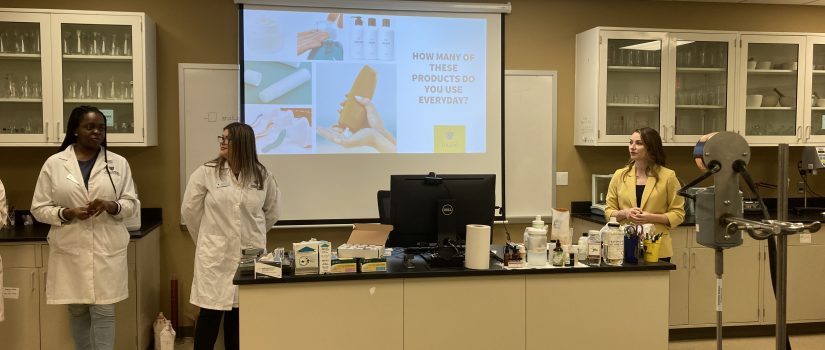ROTC Scholarships vs Military Service Academies
Many college graduates, my father and father in law included, earned their college degrees through ROTC. Amanda Riley, a young woman previously interviewed in my post on Clarkson University (NY), has also financed her education through ROTC. The roots of ROTC date back to 1862 when military science was first offered at Norwich University in Vermont. Today, over 20,000 college students participate in ROTC programs at military colleges, military junior colleges and civilian colleges. The majority of officers in America’s armed forces received their commissions through ROTC.
Lt. Colonel (ret.) Robert Kirkland is one of the leading experts on admission to ROTC scholarship programs as well as the military service academies. A West Point graduate, Col. Kirkland commanded the Army ROTC programs at Claremont McKenna College and USC. He has been generous at sharing his expertise and resources among college admissions advisors. Col. Kirkland has also published books unique to the ROTC programs for each branch of our armed forces as well as West Point and the US Air Force Academy
I was fortunate to connect with Col. Kirkland two weeks ago and asked if he would do a Zoom interview. Please listen to our conservation, and if your motivations lead you towards ROTC or an academy, read his blog and purchase one of his books to learn more.
In arranging this interview I sent questions in advance.
- When should a high school student begin to prepare for admission to a service academy, and why?
- Are Junior ROTC and Civil Air Patrol programs helpful preparation for admission and the early education at a service academy?
- Aside from the branch of the armed forces, what are some differences in the admissions process that students and parents should be aware of?
- If a student does not have the grades to gain admission to a service academy, or earn an ROTC scholarship, are prep schools such as Valley Forge (PA) an option to consider?
- Has there been a trend upward or downward in interest in ROTC?
- Is intended major an important consideration in the awarding of ROTC scholarships?
- Are the scholarships an advantage when applying to a selective school?
- Do most students who begin their education in an ROTC program stay in and become commissioned officers?
- How have admissions been impacted by the pandemic?
Col. Kirkland covered the answers to these questions, and more, in our conversation. Please listen in.
One important thing to note: the incentives for the different ROTC scholarships are different. Army and Navy ROTC scholarships will cover full tuition, but Air Force ROTC awards cover only in-state tuition or an $18,000 scholarship. However, some private schools such as Clarkson University offer free room and board to ROTC cadets. Amanda Riley talked about this benefit in our conversation about Clarkson. Col. Kirkland has posted information about incentives by branch of the armed forces on his Web site. He’s also posted some resources about the service academies.
If your motivations lead towards becoming a commissioned officer, whether it is to have a military career or a good education to lead you into success in civilian life, keep in mind that ROTC and a service academy require commitments.
Service academies require commitments to a curriculum that has little to no flexibility over your first two years. There is rigor in math, science and engineering. ROTC requires courses in Military Science, but you may choose any major you like and choose a college with a curriculum that is to your liking. For example, among colleges that offer ROTC, Columbia College of Columbia University has a 64 credit Core that every student must take while Brown has an open curriculum with no required courses. You need to consider how you want to earn your degree as well as prepare for military service. Times and politics change. But military service is an asset in moving on to further education as well as success in many careers. Those who complete the education and serve honorably earn respect, and they should. They prepare to take a risk that few others take.
if your motivations lead you towards ROTC or a military service academy, please listen to my conversation with Col. Kirkland, read his blog and purchase one of his books to learn more.
Need help on the journey to college? Contact me at stuart@educatedquest.com or call me at 609-406-0062.
Want to know more about me? Check out these podcasts!
Listen to my talk, College Is A Learning AND Living Community, hosted by Dr. Cynthia Colon from Destination YOUniversity on Voice of America Radio!
Listen to my talk, What Exactly Is a Good College? hosted by test-prep experts Amy Seeley and Mike Bergin on Tests And The Rest!




